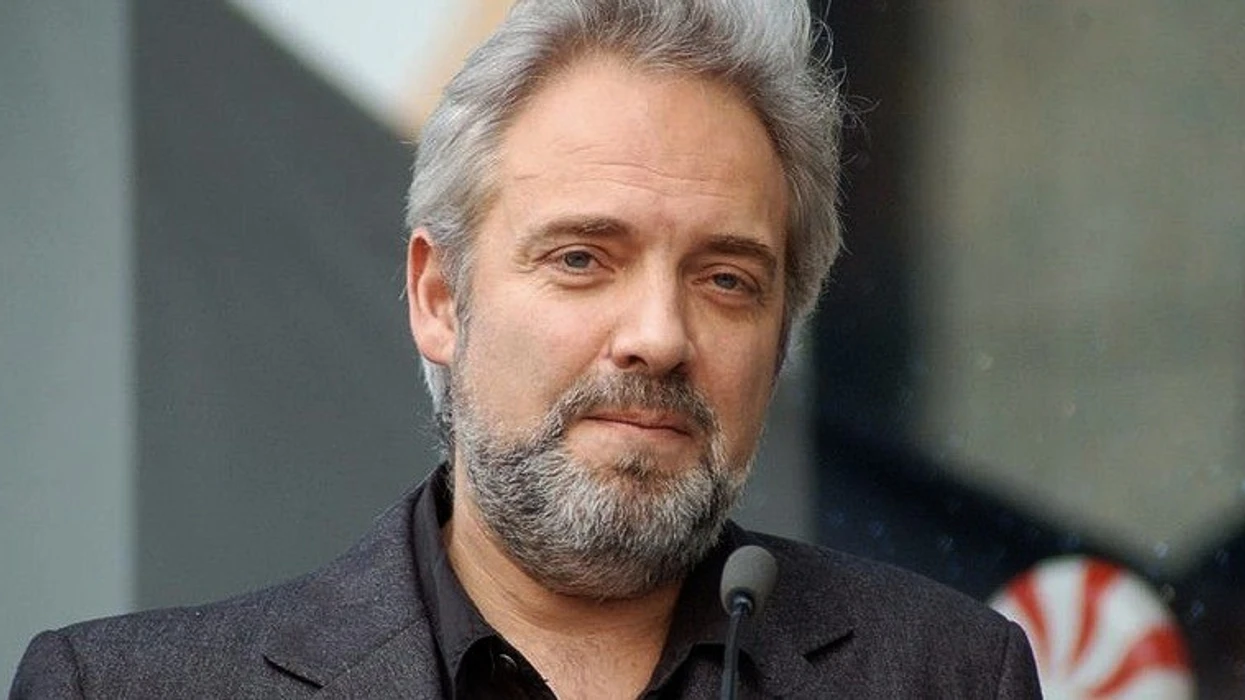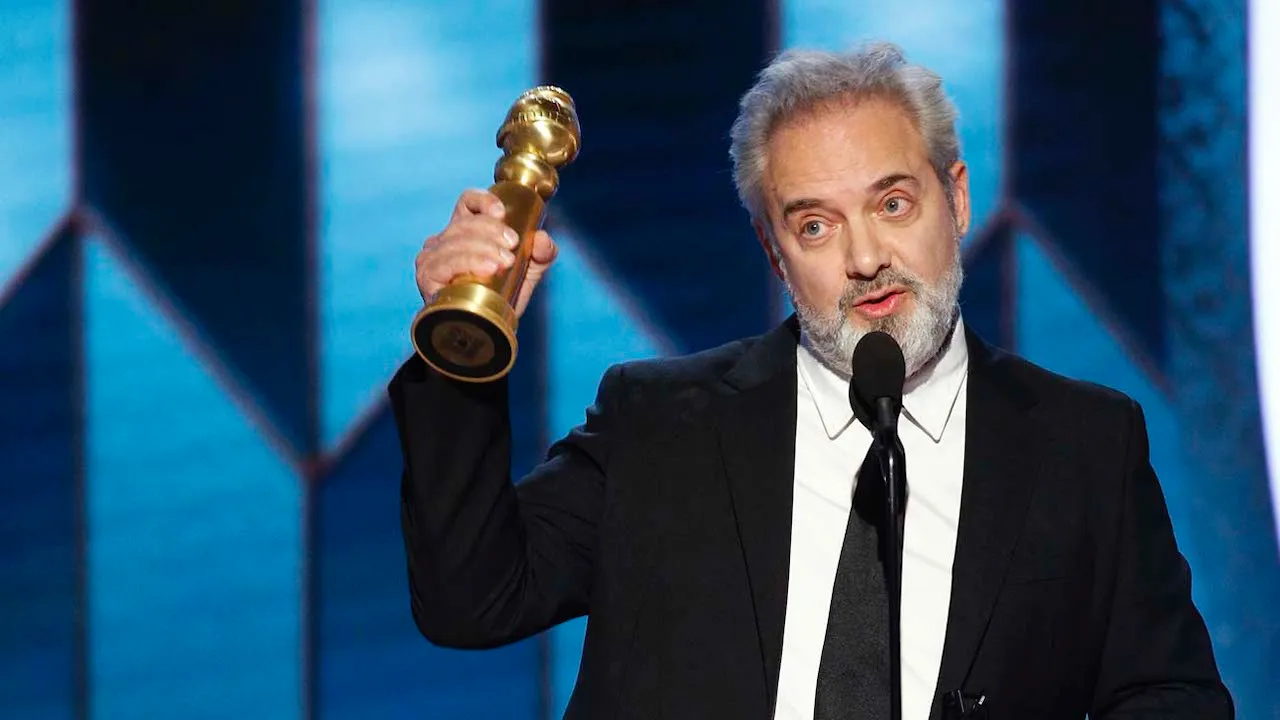Sir Samuel Mendes, often referred to as Sam Mendes, has amassed a significant net worth of $30 million over his illustrious career. Born Samuel Alexander Mendes on August 1, 1965, he is an English film director, producer, and screenwriter, known for his work across both theater and cinema. Mendes is celebrated for directing iconic films such as American Beauty (1999), Skyfall (2012), Spectre (2015), and 1917 (2019). His films have earned him numerous accolades, including Academy Awards, Golden Globe Awards, and BAFTA Awards. In addition to his directorial achievements, he has produced and written several notable projects.
Sam Mendes’ work extends beyond films into theater. He directed Broadway productions, such as Cabaret (1998, 2014), The Blue Room (1998), Gypsy (2003), and The Ferryman (2018), for which he received critical acclaim. Mendes’ contributions to theater have earned him various prestigious awards, including Tony nominations and three Laurence Olivier Awards. His creative excellence in both the theater and film industries has solidified his reputation as one of the foremost directors of his generation.

Sam Mendes’ Early Life
Sam Mendes was born in Reading, Berkshire, England, into an intellectual family. His mother, Valerie Mendes, was an author and publisher, while his father, Jameson Peter Mendes, was a university professor. Jameson was originally from Trinidad and Tobago, while Valerie had Jewish and British heritage. Sam’s paternal grandfather, Alfred Hubert Mendes, was a well-regarded writer from Trinidad. Sam’s parents separated when he was just three years old, and he grew up in Primrose Hill, North London, with his mother.
Mendes received his early education at Primrose Hill Primary School and later moved near Oxford. His mother took up a job as a senior editor at Oxford University Press, influencing Mendes’ academic and professional trajectory. After attending Magdalen College School, Mendes faced an early setback when he was not accepted into the University of Warwick to study film. Nevertheless, he persevered, eventually earning a first-class degree in English from Peterhouse, Cambridge. During his time at Cambridge, he honed his directing skills by joining the Marlowe Society, directing plays such as Cyrano de Bergerac. Sam’s childhood interest in cricket was also noteworthy, earning him recognition as a “brilliant schoolboy cricketer.”
Sam Mendes’ Path to Theatrical Success
Mendes’ professional journey began after he graduated from Cambridge, initially taking a position as an assistant director at the Chichester Festival Theatre. In 1987, he made his professional debut directing The Proposal and The Bear, two Anton Chekhov plays. His talent quickly became evident, and by 1989, he was appointed the inaugural director of the Minerva Theatre. Mendes’ big break came when he replaced Robin Phillips as the director of the Chichester production of London Assurance. His tenure at the Chichester Festival Theatre saw major success, including the production of The Cherry Orchard, which starred Judi Dench.

In 1990, Mendes took on the role of artistic director at the Donmar Warehouse, where he led the redesign of the theater. His direction of Cabaret in 1993 earned significant accolades, including four Laurence Olivier Award nominations. The success of Cabaret led to a Broadway transfer, where Mendes earned his first Tony nomination. Mendes continued to build his theatrical portfolio with productions such as Oliver! (1994), The Blue Room (1998), Three Days of Rain (1999), and Chekhov’s Uncle Vanya (2002). He served as the artistic director of the Donmar Warehouse until late 2002 before moving on to direct further high-profile productions, such as Gypsy on Broadway in 2003.
Mendes’ Rise in Film: A Groundbreaking Career
Sam Mendes made his film debut in 1999 with the release of American Beauty, a movie that became an international phenomenon. The film grossed over $356 million worldwide and earned Mendes multiple accolades, including the Academy Award for Best Director. American Beauty not only marked Mendes’ entry into the film industry but also catapulted him to international fame. His next project, Road to Perdition (2002), was another commercial and critical success, earning $183 million at the box office and receiving six Academy Award nominations.
In 2003, Mendes founded Neal Street Productions, a production company that played a crucial role in the making of several of his films. One notable project was Jarhead (2005), a war drama starring Jake Gyllenhaal and Jamie Foxx. Mendes directed Revolutionary Road (2008), which reunited him with his Titanic co-star Kate Winslet. The film earned three Academy Award nominations, further cementing Mendes’ status in Hollywood.
Sam Mendes’ work in the James Bond franchise, beginning with Skyfall (2012), was a milestone in his career. The film grossed over $1.1 billion worldwide and earned five Academy Award nominations, winning Best Original Song. Mendes followed up Skyfall with Spectre (2015), which grossed nearly $880 million. Both films solidified his reputation as a director capable of handling large-scale productions while maintaining artistic integrity.
In 2019, Mendes directed 1917, a World War I epic that garnered immense praise for its groundbreaking cinematography and storytelling. The film earned over 70 awards, including Golden Globe and BAFTA wins for Best Director and Best Film. 1917 was also nominated for multiple Academy Awards, with Mendes winning Best Director. In addition to his directorial work, Mendes wrote and produced 1917, further showcasing his versatility within the industry.

Awards, Nominations, and Recognition
Sam Mendes’ exceptional body of work has earned him numerous awards and nominations. He won the Academy Award for Best Director for American Beauty in 2000, and he has been nominated for four Academy Awards in total, including nominations for 1917 in 2020. Mendes’ films have also earned him accolades from organizations such as the Directors Guild of America and the Golden Globes.
In addition to his Academy Award wins, Mendes has received several prestigious awards. He won the Alexander Korda Award for Best British Film for Skyfall (2013) and was honored with the Best Director award for 1917 at the 2020 BAFTA Awards. His work has been recognized by critics around the world, with wins from the Broadcast Film Critics Association, the Golden Schmoes Awards, and the CinEuphoria Awards, among others.
Throughout his career, Mendes has also received recognition for his contributions to the theater, including a Lifetime Achievement Award from the Directors Guild of Great Britain in 2005. His achievements in both film and theater have made him one of the most influential directors of his time, solidifying his place in cinematic history.
Sam Mendes’ career trajectory is a testament to his talent, versatility, and ability to navigate between different genres and mediums. His journey from the stage to the silver screen has earned him recognition on an international level, making him one of the most celebrated directors of contemporary cinema.




